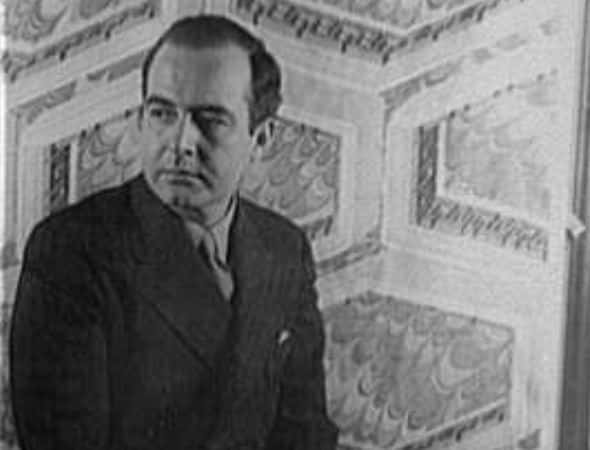BARBER: Knoxville: Summer of 1915
by Jeff Counts
There is no shortage of music written about nostalgia and reminiscence. You could fill multiple playlists with these works, but few composers have captured the wistfully discursive path of memory like Samuel Barber. When he was approached by soprano Eleanor Steber to write a brief voice and orchestra work for premiere in 1947, Barber turned to a prose poem by James Agee. Agee later incorporated the poem into the prologue of his novel A Death in the Family, but when Barber first read it, it was included in an issue of the New York based literary anthology Partisan Review as a gorgeously self-contained expression of youthful recollection. Though he grew up in Pennsylvania, Barber found much to relate to in Agee’s poem about a boy lying in his backyard grass on a languid Knoxville evening. When he met the writer sometime later, in fact, the two men uncovered a few literal parallels in their separate childhood experiences. They both had a musically inclined Aunt. They could both hear a streetcar from their porch. This instant relatability is perhaps Barber’s greatest gift to Agee’s prose. The music he created to transport the text sounds as if he borrowed it from a collective well of innocent recall, as if the experiences of folks lucky enough to have had peaceful childhoods were already mixed and manifested and simply waiting for someone to give them a single voice. Equal to this effortless supernatural aptness is the sense of place Barber creates. Leontyne Price, a longtime champion of the piece, once said “You can smell the South in it.” The original version included a full orchestra, but Barber made the wise choice to reduce the instrumental forces in 1950, and this more intimate setting has been the rightful standard ever since.




